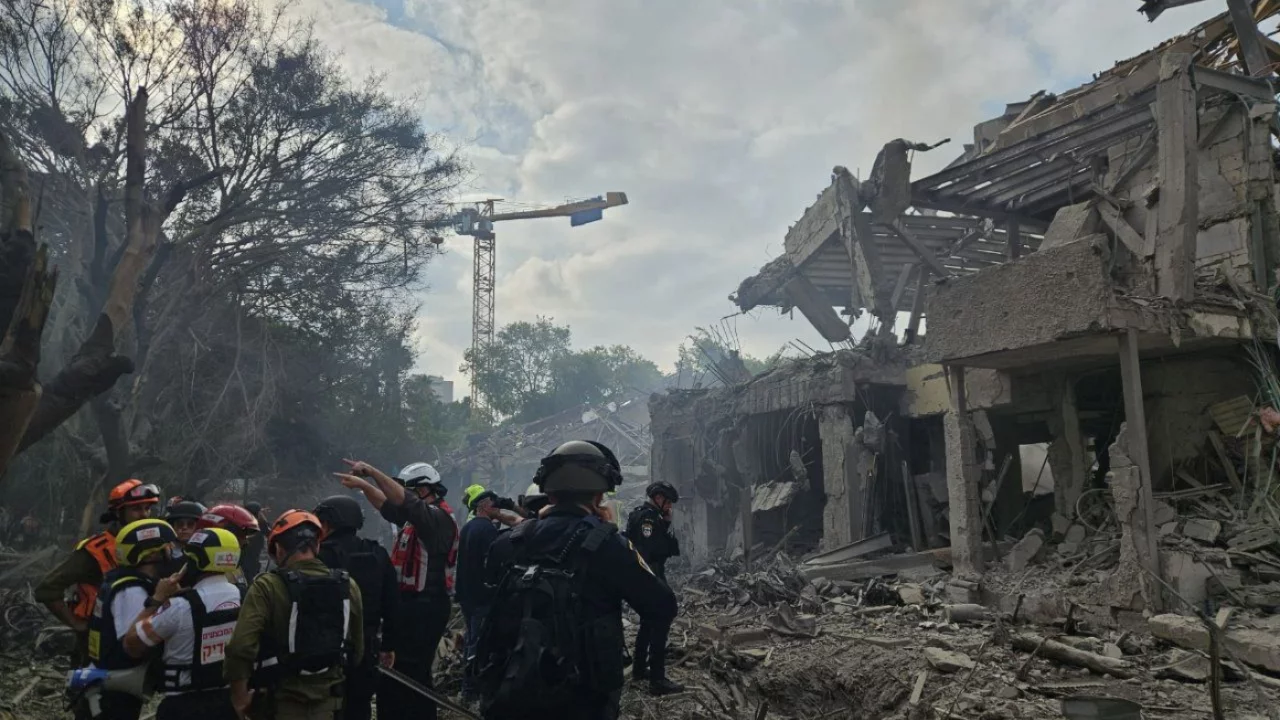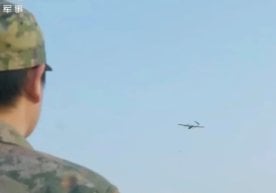Missiles after nuclear attack: Iran-Israel clash intensifies

On the night of June 22, the Middle East became the scene of another bloody conflict. After the US airstrike on Iran's key nuclear facilities, Tehran did not delay its swift and harsh response. At dawn, air raid sirens sounded in northern and central Israel, forcing citizens to flee for shelters. This is part of the hundreds of rocket attacks that Iran has launched against Israel.
Iran's ballistic "response" - hundreds of people are worried
According to the Israel Defense Forces, Iran fired 20 to 30 ballistic missiles. Some of these missiles reached Israeli territory, and at least 11 people were injured in the explosions. The national medical service "Magen David Adom" reported that rocket fragments fell in more than 10 areas of the country and there were casualties.
This missile attack could have a negative impact not only on the security of Israel, but also on the balance in the entire region. It is reported that the attack was carried out in several waves, and in each wave missiles of different power were used. This indicates that Iran planned the attack in advance and carried it out in a precise order.
A new phase of the US-Iran conflict: Nuclear facilities are targeted
Before these events, it was reported that the US Air Force had struck several nuclear facilities in Iran. According to reports from Western media, the American side used B-2A Spirit stealth bombers in this operation. US President Donald Trump made a statement and stated that "Iran's strategic nuclear facilities have been destroyed."
This US operation raised a number of questions from the point of view of international law. Iranian Foreign Minister Abbas Araghchi called the move “a cowardly, offensive and far-reaching act against humanity and international law.” He also stressed that Iran has the right to self-defense under the UN Charter and international norms.
Iran: “Defense is a sovereign right”
Abbas Araghchi said in his statement that Iran is ready to use all its capabilities to protect its independence, national interests and citizens. According to him, the US strikes against Iran’s nuclear program are not just an attack on one country, but a threat to the entire international legal system.
Regional threats and international objections
The international community is currently concerned about the seriousness and dire consequences of this conflict. Several European countries and UN representatives have called for peace. At the same time, other countries in the Middle East, in particular Saudi Arabia, Turkey and Qatar, are also closely monitoring the situation.
According to regional experts, the escalation of the military confrontation between Iran and Israel could lead to a new war in the entire Middle East. Therefore, this situation concerns not only Iran and Israel, but also poses a great threat to international peace and stability.
Conclusion: Two states, one fire - peace is tested again
Recent events demonstrate the further intensification of the Iran-US-Israeli triangular conflict. Strikes on nuclear facilities, missile retaliation, civilian casualties - all this raises an important question for the international community: what can be done to preserve peace?
The situation is tense for now. But any war and military action is followed by the suffering of civilians. Therefore, at least today's leaders can choose wisdom and diplomacy - helping to keep the flame of hope for the future of humanity alive. Read “Zamin” on Telegram!
Ctrl
Enter
Found a mistake?
Select the phrase and press Ctrl+Enter 




















